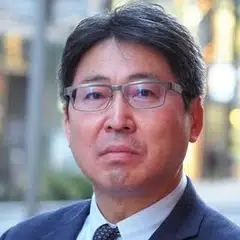
Shin Kawashima
Professor of International Relations, Graduate School of Arts & Sciences, University of Tokyo
Dr Shin Kawashima is professor of international relations at the Graduate School of Arts & Sciences, University of Tokyo. He was educated at the Tokyo University of Foreign Studies (B.A.1992) and the University of Tokyo (Oriental history, M.A., 1992 and Ph.D, 2000). He taught at Hokkaido University’s Department of Politics, Faculty of Law from 1998 to 2006 before moving to the University of Tokyo in 2006. Some of his other roles include senior researcher of Nakasone Peace Institute; senior fellow of National Security Agency; advisory member of the Committee for the Promotion of the Declassification of Diplomatic Records, Ministry of Foreign Affairs; member of The Advisory Panel on Communications Concerning Territorial Integrity, Office of Policy Planning and Coordination on Territory and Sovereignty; and editor of nippon.com. He has studied Chinese/Taiwanese diplomatic history based on Chinese diplomatic archives and recently started a study on contemporary international relations in East Asia. His first book, Formation of Chinese Modern Diplomacy (2004), was awarded the Suntory Academic Prize in 2004. Some of the other books he has written or co-authored include China in the 21st Century (2016), Frontier of China (2017), and Japan-China Relations in the Modern Era (2017).